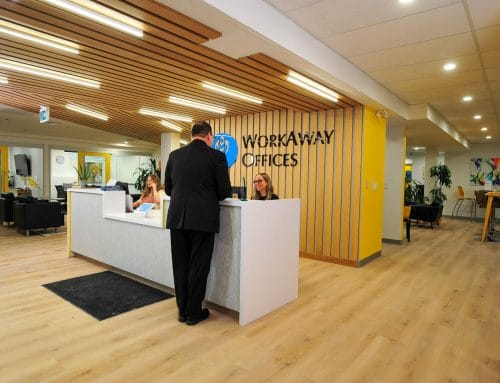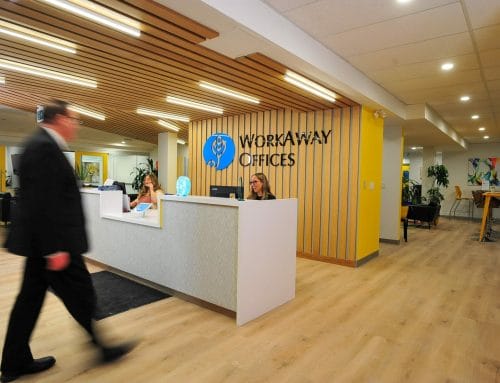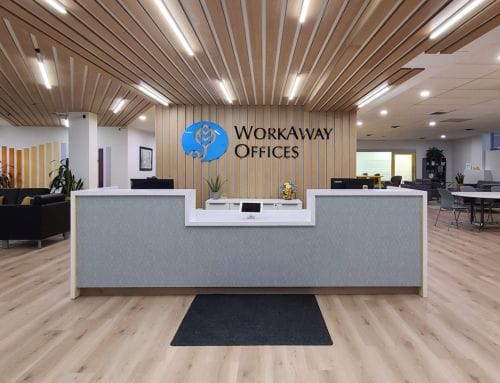Entrepreneurs and freelancers are two different types of people. Entrepreneurs have bigger risks but also a greater reward, while freelancers are the opposite. Freelancers work for other companies while entrepreneurs start their own businesses. Freelancers can make risky decisions that might be bad for the company they’re working with, but entrepreneurs need to consider all aspects of their business in order to succeed. If you’re considering becoming an entrepreneur, there are some enormous risks to think about before making your decision.
What is the difference between an entrepreneur and a freelancer
The difference between an entrepreneur and a freelancer is that an entrepreneur has the ambition to succeed at their own business, while freelancers are more like solopreneurs who, generally, only have the ambition to succeed in one field of passion that usually involves working for entrepreneur(s) and their business(es). In summary, freelancers work for other companies while entrepreneurs start their own companies.
The risk of failure is different for both. If you fail on a job as a freelancer, your sole risk is reputation and potential loss of revenue from your one client. Whereas your client is responsible for multiple employees/freelancers, their wages, their own personal business expenses. The potential loss of 1 client to the client/entrepreneur can mean the loss of wages to multiple employees, and the inability to pay general business expenses (including rent, vehicle leases, loan repayments, etc.)
Entrepreneurs need to consider all aspects of their business in order to succeed. They have a lot more responsibility than freelancers when it comes to making decisions about their company’s direction and growth.
In order for someone to be an entrepreneur, they must have business savvy, determination, and ambition. The road to entrepreneurship isn’t always easy because there are many factors that affect the success of a business. However, if you succeed in your business venture, you’ll reap the benefits.
How do you know if you’re cut out to be an entrepreneur
It’s important to know what your strengths and weaknesses are before deciding whether you should be an entrepreneur.
If you’re considering becoming an entrepreneur, there are some risks to think about before making your decision. Before deciding if you should take the risk, consider:
– Have you done your research? You need to know all aspects of what it means to be an entrepreneur before jumping into the field.
– Have you considered your personal interests? If entrepreneurship is something that you’re passionate about, then the risk is probably worth it.
– Do you enjoy working for yourself? Entrepreneurship can be extremely rewarding, but it’s important to know whether you’d rather want to work for someone else.
– Can you balance your personal life with business? Entrepreneurship might take up a lot of your personal time that could otherwise be spent with your friends and family.
– Are you good at managing your finances? Running a business involves knowing how to manage finances because, if you’re not careful, your company can fail quickly.
– Do you have experience managing employees and other business relationships? It’s more than likely you’ll end up with at least a few employees and almost impossible that you won’t wind up working with clients and other associated businesses. Being an excellent conversationalist and exceeding in customer service is a must.
There are many factors that affect the success of a business. Entrepreneurs need to consider all aspects of their business in order to succeed.
The takeaway
Entrepreneurs are brave, passionate people who are willing to take on risks in order to succeed. The difference between an entrepreneur and a freelancer is that entrepreneurs have their own business or start-up company while freelancers work for other companies. If they fail, the only thing they’ve lost is time and money. Entrepreneurs must consider all aspects of their business and they must make many hard decisions about their company’s direction and growth. It’s important to know what your strengths and weaknesses are before deciding whether you’re cut out to be an entrepreneur.
Entrepreneurs and freelancers are two different types of people. Entrepreneurs have bigger risks but also a greater reward, while freelancers are the opposite. Freelancers work for other companies while entrepreneurs start their own businesses. Freelancers can make risky decisions that might be bad for the company they’re working with, but entrepreneurs need to consider all aspects of their business in order to succeed. If you’re considering becoming an entrepreneur, there are some enormous risks to think about before making your decision.
What is the difference between an entrepreneur and a freelancer
The difference between an entrepreneur and a freelancer is that an entrepreneur has the ambition to succeed at their own business, while freelancers are more like solopreneurs who, generally, only have the ambition to succeed in one field of passion that usually involves working for entrepreneur(s) and their business(es). In summary, freelancers work for other companies while entrepreneurs start their own companies.
The risk of failure is different for both. If you fail on a job as a freelancer, your sole risk is reputation and potential loss of revenue from your one client. Whereas your client is responsible for multiple employees/freelancers, their wages, their own personal business expenses. The potential loss of 1 client to the client/entrepreneur can mean the loss of wages to multiple employees, and the inability to pay general business expenses (including rent, vehicle leases, loan repayments, etc.)
Entrepreneurs need to consider all aspects of their business in order to succeed. They have a lot more responsibility than freelancers when it comes to making decisions about their company’s direction and growth.
In order for someone to be an entrepreneur, they must have business savvy, determination, and ambition. The road to entrepreneurship isn’t always easy because there are many factors that affect the success of a business. However, if you succeed in your business venture, you’ll reap the benefits.
How do you know if you’re cut out to be an entrepreneur
It’s important to know what your strengths and weaknesses are before deciding whether you should be an entrepreneur.
If you’re considering becoming an entrepreneur, there are some risks to think about before making your decision. Before deciding if you should take the risk, consider:
– Have you done your research? You need to know all aspects of what it means to be an entrepreneur before jumping into the field.
– Have you considered your personal interests? If entrepreneurship is something that you’re passionate about, then the risk is probably worth it.
– Do you enjoy working for yourself? Entrepreneurship can be extremely rewarding, but it’s important to know whether you’d rather want to work for someone else.
– Can you balance your personal life with business? Entrepreneurship might take up a lot of your personal time that could otherwise be spent with your friends and family.
– Are you good at managing your finances? Running a business involves knowing how to manage finances because, if you’re not careful, your company can fail quickly.
– Do you have experience managing employees and other business relationships? It’s more than likely you’ll end up with at least a few employees and almost impossible that you won’t wind up working with clients and other associated businesses. Being an excellent conversationalist and exceeding in customer service is a must.
There are many factors that affect the success of a business. Entrepreneurs need to consider all aspects of their business in order to succeed.
The takeaway
Entrepreneurs are brave, passionate people who are willing to take on risks in order to succeed. The difference between an entrepreneur and a freelancer is that entrepreneurs have their own business or start-up company while freelancers work for other companies. If they fail, the only thing they’ve lost is time and money. Entrepreneurs must consider all aspects of their business and they must make many hard decisions about their company’s direction and growth. It’s important to know what your strengths and weaknesses are before deciding whether you’re cut out to be an entrepreneur.



